BY SARAH FABER
Peer review is an interesting science rite of passage. You science hard, wrangle your data into something that makes sense, and send it off to be read and critiqued by peers in your field. At its best, peer review is a collegial exchange of ideas that strengthens your work and makes your existing article/paper a much more robust addition to your field. At its worst, peer-review is an arduous hell-scape of competing interests and snide criticisms that will make you wonder why, dear lord, you ever thought being a scientist was a good idea. Reality is, as usual, somewhere between the two. While doing work and receiving feedback is not unique to academia, there is a back and forth aspect of peer review where you and your reviewer(s) ping-pong between your work and their comments before arriving at the finished product that isn’t always present in other situations.
My first experience with the peer-review dance was a couple years ago. As I opened the file that contained the reviewers’ comments, I had a sudden moment of déjà-vu. I had been here before. I was on a stage with an uncomfortable number of lights pointed DIRECTLY at my face. I was wearing a sensible outfit that allowed maximum range of breathing. I was standing a pre-determined distance away from a grand piano (half-stick). Twenty of my peers were critiquing my interpretation of a flute sonata I had spent months preparing.
“Welcome to Masterclass, or, How Being A Musician Made Me A Better Scientist: Part One. ”
I got my start in neuroscience as a Classical musician via music therapy and music psychology. There are a lot of musicians in science, and a lot of scientists in music (we have a secret handshake - it’s great), but I wan’t expecting my training to have so many crossover benefits. Masterclass is a common element in the performing arts; you prepare a piece and perform it to your studio, who listen intently and give you immediate feedback. You take their feedback and incorporate it into your next performance, or you go back and forth on why you made the artistic choices you did. Similar to peer review, at its best, you leave the stage with new ideas on how to make your performance better. At its worst, you wind up starting your own school of piano performance and taking every opportunity to razz Johannes Brahms (at least, that’s what you do when you’re Franz Liszt). Where I feel masterclass pulls ahead of peer review is in how early this process is formalized. Young musicians are taught to take critique graciously, but are also taught to give it, and this is crucial to developing as a performer. Where a lot of practice is done in isolation, you need to be your own critic and develop your performance aware (so very aware) of your weaknesses. BUT. With enough confidence remaining to get up on that stage and put it out there.
That brings me to two ostensibly artistic concepts that have undeniable homologues in science: stage presence and art. But, like any good performance, these irresistible pieces will have to wait until after the intermission.
“Stay tuned for Part Two: In Which Sarah Discovers Several Useful Things About Public Speaking and the Fine Art of Mispronouncing Large Scientific Words With Confidence.”
Sarah Faber in performance with the Chebucto Symphony Orchestra in 2012



